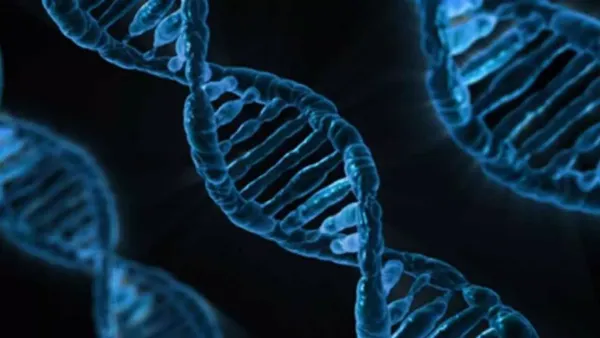
According to research, artificial intelligence (AI) may soon be crucial in the diagnosis and treatment of genetic illnesses.

According to the Xinhua news agency, the study, which was conducted by academics at the Australian National University (ANU) in Australia, is a major step towards more accurate, tailored therapy by using new data technologies.
The work, which was published in Nature Communications, uses genome sequencing and AI-powered protein models to better understand how mutations impact human health.
By using Google DeepMind AlphaFold’s state-of-the-art AI to assess the impact of every potential mutation across the whole spectrum of human proteins, it revealed why certain proteins are more susceptible to damaging mutations than others.
“Our research shows that the most important proteins have been made resilient by evolution, protecting them against damaging mutations that compromise protein stability. According to study lead Dan Andrews, an associate professor at ANU, less important proteins do not seem to have developed this innate capacity to withstand harm.
The reason why genes that seem to be less important often have a bigger influence in hereditary diseases is explained by researchers from ANU’s John Curtin School of Medical Research and School of Computing.
According to Andrews, genetic changes are inevitable and persistent, like the rain that all genes must withstand.
Some genes “are a little less critical but are still important enough that human diseases occur when they contain mutations,” while other genes are very important and hardly detected.
By pinpointing certain genomic circuits impacted by mutations, the study aids in therapy prioritisation.
“It’s important to identify which genetic system is dysfunctional in a given person, which helps us potentially choose the most effective treatment,” Andrews said.
He pointed out that while the research scores genetic variation for its functional impact, which is essential for detecting possibly damaged genes, it also applies to complicated disorders with many mutations.
Additionally, the research demonstrates the possibility of clinical translation and the creation of AI tools to enhance patient outcomes.
According to Andrews, “one of our future objectives is to create automated systems that can identify effective treatment for individuals based on their pathology and genetic data.”